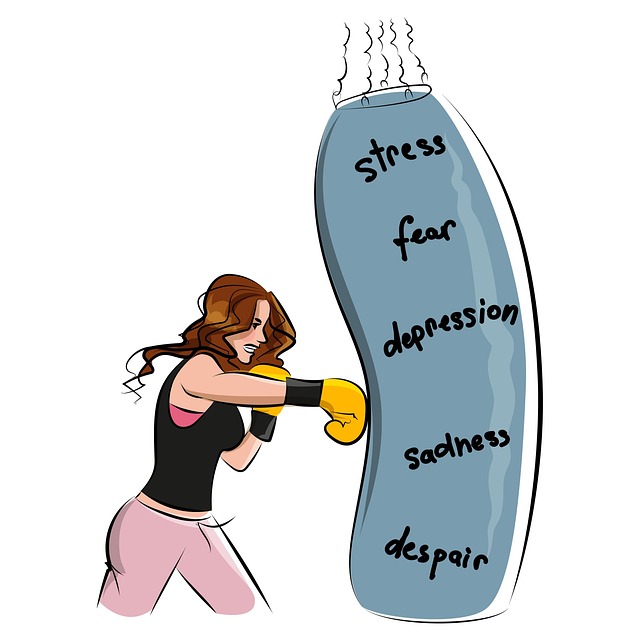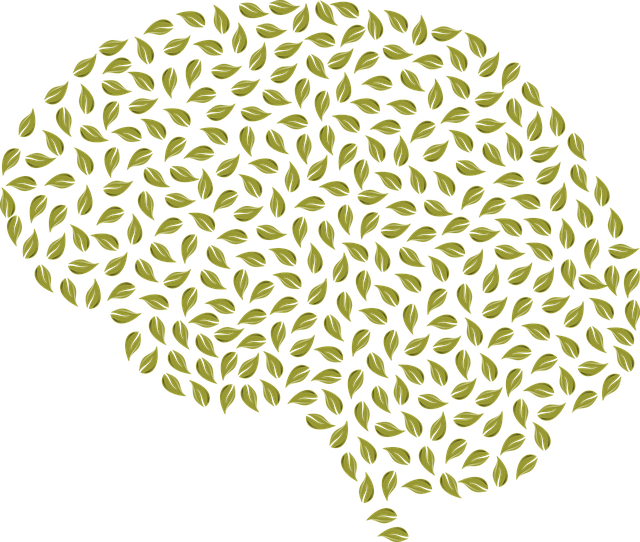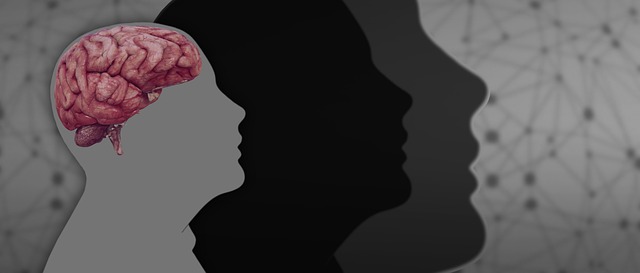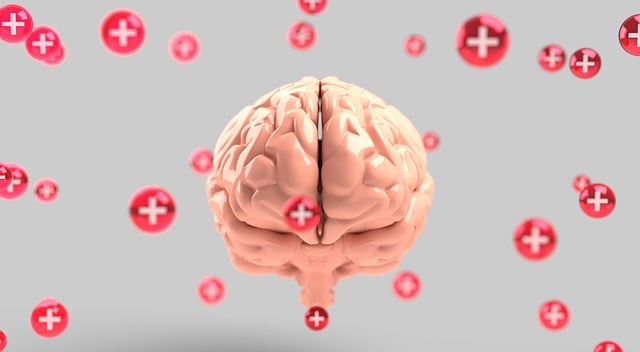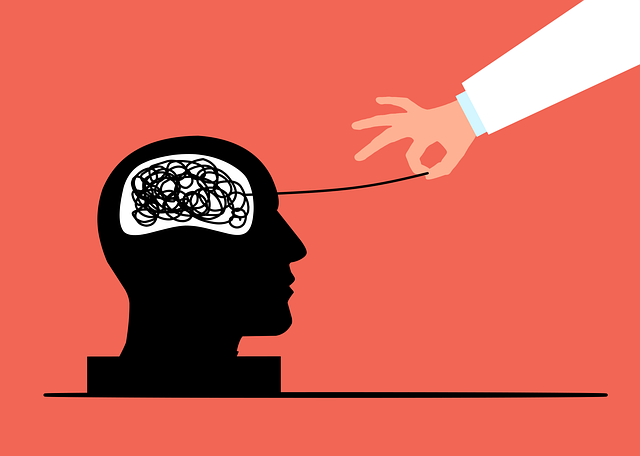Mental illness diagnoses can be challenging for parents to understand, but recognizing them as real physical ailments with distinct symptoms is crucial. This guide educates parents on common conditions like Conduct Disorder and the role of specialized therapists, such as those at Lakewood Conduct Disorder Therapy, in diagnosis. It emphasizes the importance of recognizing behavioral changes, mood alterations, and cognitive impairments through psychological evaluations and interviews. By enhancing their understanding, parents can better support their children's development of coping skills, improved self-esteem, and emotional intelligence, key components for effective treatment and long-term well-being. Lakewood Conduct Disorder Therapy offers a comprehensive approach, using evidence-based techniques like CBT, structured sessions, and collaboration to help kids manage emotions and build resilience. Their holistic treatment plan focuses on stress management and fostering healthier relationships.
Mental illness diagnosis can be a complex journey, especially for parents. This comprehensive guide aims to demystify the process, offering valuable insights into understanding various mental health conditions, including Lakewood Conduct Disorder. We explore effective navigation strategies for treatment options, emphasizing the importance of personalized approaches with Lakewood Conduct Disorder Therapy as a promising approach. Additionally, we provide resources and tips for building a supportive network crucial for a child’s recovery journey.
- Understanding Mental Illness Diagnoses: A Comprehensive Guide for Parents
- Navigating Treatment Options: Supporting Your Child with Lakewood Conduct Disorder Therapy
- Building a Supportive Network: Resources and Strategies for Effective Recovery Journey
Understanding Mental Illness Diagnoses: A Comprehensive Guide for Parents

Mental illness diagnoses can be complex and overwhelming for parents to understand, especially when their child is involved. A comprehensive guide is essential to helping parents navigate this challenging landscape. It’s crucial to remember that mental health conditions are just like physical ones; they have real symptoms and require professional assessment and treatment.
Conditions such as Conduct Disorder, a common issue among children and adolescents, can be diagnosed by therapists specializing in areas like Lakewood Conduct Disorder Therapy. This guide should educate parents on the signs and symptoms of various mental illnesses, including behavioral changes, mood alterations, and cognitive impairments. Additionally, it should offer insights into the assessment process, where professionals use tools like psychological evaluations and interviews to arrive at accurate diagnoses. By enhancing their understanding of these disorders, parents can better support their children in developing coping skills, improving self-esteem, and cultivating emotional intelligence—all vital components of effective treatment and long-term well-being.
Navigating Treatment Options: Supporting Your Child with Lakewood Conduct Disorder Therapy

Navigating treatment options can be a daunting task for parents when their child is diagnosed with conduct disorder. Lakewood Conduct Disorder Therapy offers a structured and supportive environment tailored to address specific behavioral issues. This therapeutic approach focuses on helping children understand and manage their emotions, improve impulse control, and develop healthier coping mechanisms. By incorporating evidence-based techniques, such as cognitive-behavioral therapy (CBT), parents can actively support their child’s journey towards better mental health.
Effective Lakewood Conduct Disorder Therapy involves collaboration between the therapist, the child, and the family. It teaches valuable skills for stress management, burnout prevention, and anxiety relief—all essential aspects of a holistic treatment plan. Through regular sessions, children learn to navigate challenging situations with increased resilience, fostering healthier relationships and improved overall well-being.
Building a Supportive Network: Resources and Strategies for Effective Recovery Journey

Building a robust support network is an integral part of navigating the mental health journey, especially for those dealing with conditions like Conduct Disorder. At Lakewood Conduct Disorder Therapy, we understand that effective recovery relies on more than just professional treatment. It’s about fostering an environment that cultivates empathy and understanding.
One key strategy involves incorporating empathy-building techniques into daily interactions. These practices help create safe spaces where individuals feel heard and validated, encouraging open communication. Additionally, promoting Mind Over Matter principles can empower individuals to take control of their mental well-being. Cultural sensitivity in mental healthcare practice is another vital aspect, ensuring that support is tailored to an individual’s unique background and beliefs. Through these resources and strategies, we aim to provide a holistic approach to recovery, supporting clients every step of the way.
Mental illness diagnosis and treatment can be a complex journey, especially for parents. However, with the right resources and support, such as Lakewood Conduct Disorder Therapy, families can effectively navigate these challenges. By understanding mental health diagnoses and exploring treatment options like therapy, building a supportive network becomes more manageable. This holistic approach ensures that your child receives the best care possible, fostering a brighter path to recovery and well-being.




